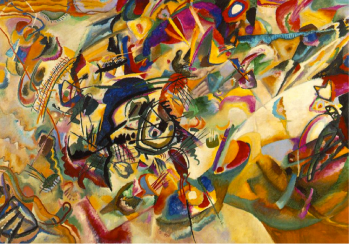In a large metropolis, what is governed? by Professor Patrick Le Galès, Science Po
Monday, 21 July, 2014, 3pm – 5pm
Large cities are well known for being complex; too large, with too many actors and with too much informality. The planning literature, critical urban studies and anthropologists emphasise the ungovernability of major large cities as well as the role of social movements and insurgency. Despite these difficulties, it remains that projects are developed, utility networks built, new neighbourhoods established, and policies (including social, transport and education) implemented that have great impact for populations. The paper argues that the governance of large cities is not linear, is discontinuous and does not explain their whole development. The rise of governance capacities and the developments of policies are having influence from Mexico to Delhi, from London to Sao Paolo or Istanbul.
Patrick Le Galès, CNRS Director of Research at Sciences Po’s Centre d’Etudes Européennes and professor at Sciences Po has been elected a Corresponding Fellow of the Political Science section of the British Academy. His comparative research centres mainly on questions of governance, public action, the restructuration of the state, and the detransformation of cities. His key publications include European cities, social conflict and governance, and Gouverner par les instruments., co-authored with Pierre Lascoumes
WHEN
Monday 21 July 2014 3pm – 5pm
WHERE
Room 116
Sir Llew Edwards Building (14) The University of Queensland St Lucia campus
Afternoon tea will be provided
RSVP
Wednesday 16 July
m.carrett@uq.edu.au
limited places

 (Image: Wassily Kandinsky, Composition VII)
(Image: Wassily Kandinsky, Composition VII)

